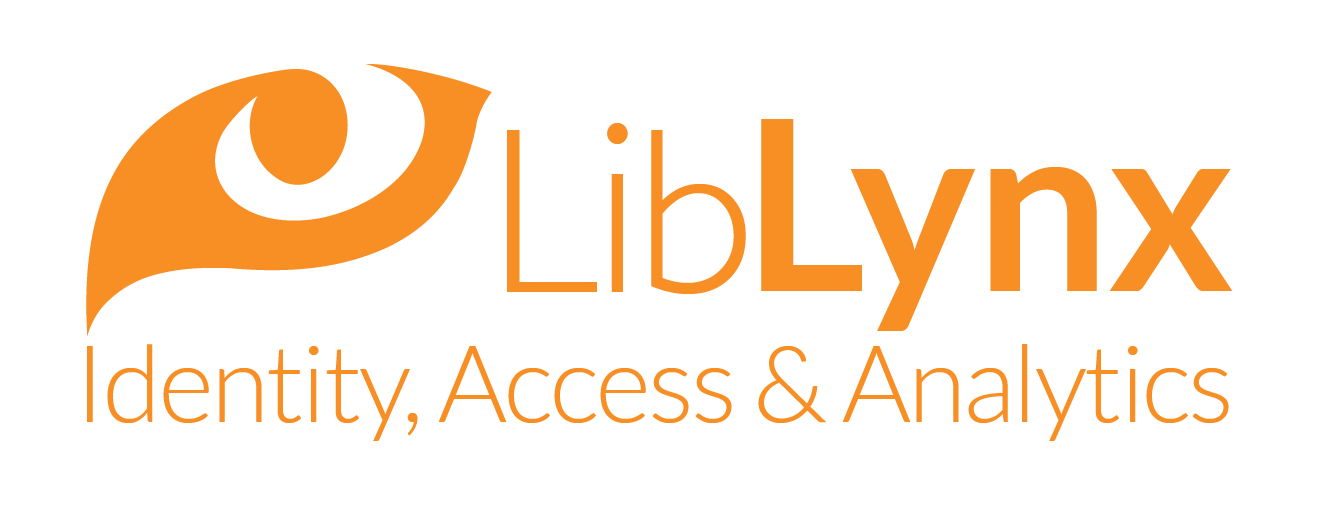We’re very excited to announce that Michelle Urberg is joining our team as our new Client Success Manager.
We’ve been busily growing over the last few years and now serve a diverse client base of over 60 organisations. Our clients come in all shapes and sizes, and range from tiny startups through to large organizations with tens of thousands of employees. They also vary widely in terms of their requirements and technical support needs, which presents its own challenges in terms of delivering effective support.
Michelle’s experience with project management and support at ProQuest and EBSCO, plus her previous life as a librarian, make her uniquely qualified to help us build scalable support processes that meet client needs (more on her background here). And we’ve got some interesting side quests we’d like her help with in future …!
To help introduce her to our LibLynx community, here are some of Michelle’s thoughts on the industry and her new role.
How did you first get involved in publishing?
I fell into scholarly publishing by means of university libraries, then the library technology industry and independent consulting work. I have a background in the humanities and a strong interest in keeping the humanities relevant, but I also love looking under the hood and seeing how the technology works to help one find a book, article, video or sound recording. Publishing was a natural fit, once I found it.
Why did you decide to join LibLynx?
I have wanted to find a space to provide immediate impact and to help an organization grow. LibLynx came along at a great time when I was ready to step out of a large, well-established company to work with an up and coming company.
What’s the most challenging/interesting part of your role at LibLynx?
My previous professional roles have involved components of client success in that customers depended on me trying to sort out issues with metadata and software. At LibLynx, my role includes some of that, but more importantly, I am helping to develop better processes that deliver the LibLynx product experience throughout the customer lifecycle. I find it super interesting to sit at the intersection of technology, people relations, and project management.
Are there any particular industry trends that particularly interest you?
Scholarly publishing is deeply invested in producing books and articles, the investment of which actually serves to perpetuate funding opportunities and research practices. Scholars and researchers working outside of these well-worn paths work extra hard to produce data sets, digital platforms, interactive visualizations, video, and other “untamed” content. These projects take a wide variety of skill sets, creativity, time, and, of course, money, to create. They defy current models of accountability, such as COUNTER, but take at least as much work to develop and maintain as traditional book and article outputs. And, they are of great use in research and teaching. I would love to see standard identifiers for these projects (beyond the DOI assigned to data sets), better indexing in A and I services, and better usage tracking.


